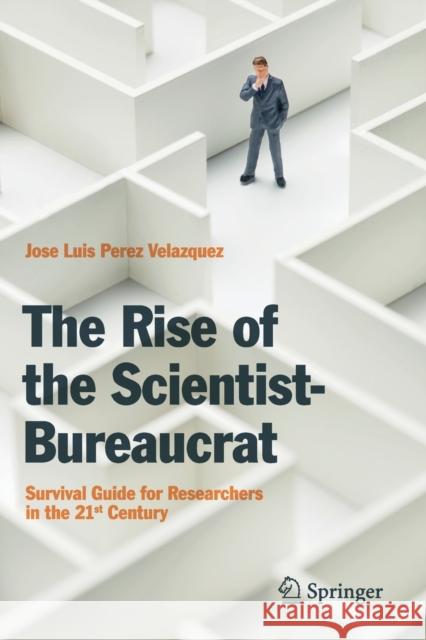The Rise of the Scientist-Bureaucrat: Survival Guide for Researchers in the 21st Century » książka
topmenu
The Rise of the Scientist-Bureaucrat: Survival Guide for Researchers in the 21st Century
ISBN-13: 9783030123284 / Angielski / Miękka / 2020 / 104 str.
The Rise of the Scientist-Bureaucrat: Survival Guide for Researchers in the 21st Century
ISBN-13: 9783030123284 / Angielski / Miękka / 2020 / 104 str.
cena 126,90 zł
(netto: 120,86 VAT: 5%)
Najniższa cena z 30 dni: 126,32 zł
(netto: 120,86 VAT: 5%)
Najniższa cena z 30 dni: 126,32 zł
Termin realizacji zamówienia:
ok. 20 dni roboczych.
ok. 20 dni roboczych.
Darmowa dostawa!
Kategorie BISAC:
Wydawca:
Springer
Język:
Angielski
ISBN-13:
9783030123284
Rok wydania:
2020
Wydanie:
2019
Ilość stron:
104
Waga:
0.18 kg
Wymiary:
23.39 x 15.6 x 0.64
Oprawa:
Miękka
Wolumenów:
01
Dodatkowe informacje:
Wydanie ilustrowane











